Market Analysis
In-depth Analysis of Smart Mirrors Market Industry Landscape
Previously deemed a futuristic technology concept, smart mirrors have become a reality, seamlessly fusing technology with everyday objects. The market fundamentals in this industry are being shaped by the growing trend of smart homes, the growing use of IoT, and advancements in display technology. The growing consumer interest in and awareness of smart, connected gadgets is one of the main factors propelling the smart mirror market. Considering people's growing desire to incorporate technology into their daily lives, smart mirrors present an original and useful answer. Given the increased customer demand for innovative, connected technologies and technical advancements, the market for smart mirrors is evolving swiftly. These mirrors give users an interactive and personalized experience with capabilities like voice recognition, touchscreen devices, and connectivity to other smart devices. The market is growing because of consumer demand for these innovative goods. Furthermore, the development of display technology has greatly influenced the smart mirror market. OLED screens, high-definition displays, and augmented reality (AR) technologies all enhance the user experience. These advancements enhance the visual appeal of smart mirrors by providing them with practical functionality like weather updates, health statistics, and calendar events. The Internet of Things' integration with smart mirrors is another factor impacting market dynamics. Via Internet of Things connectivity, smart mirrors can communicate with other smart devices in the home to create a cohesive, networked ecosystem. For example, a smart thermostat and smart mirror can talk to each other to exchange the most recent weather data and adjust the temperature in the room accordingly. This level of connectedness is consistent with the broader trend toward "smart homes,"" which integrate several devices to improve efficiency and convenience. Market conditions are also impacted by the many sectors that employ smart mirrors. Since they were originally introduced to the public in the retail industry as virtual fitting rooms, smart mirrors have found more application in the healthcare, automotive, and residential industries. The smart mirror market still faces challenges despite its bright potential, such as high startup costs and concerns about security and privacy. One noteworthy development in the healthcare industry is the integration of smart mirrors into medical environments. Smart mirrors are used for patient monitoring, physical therapy exercises, and real-time health information. The ability of these mirrors to capture and analyze vital health data facilitates data-driven, more efficient medical operations.

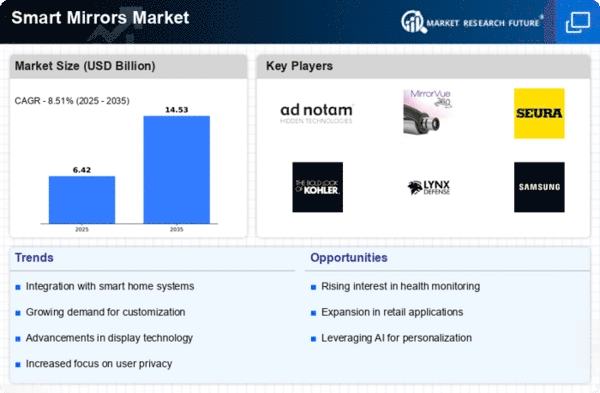
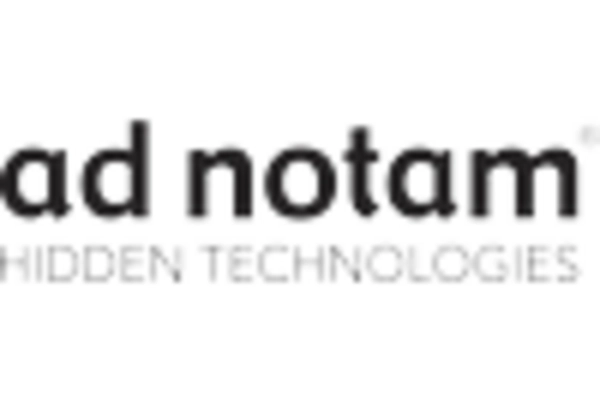
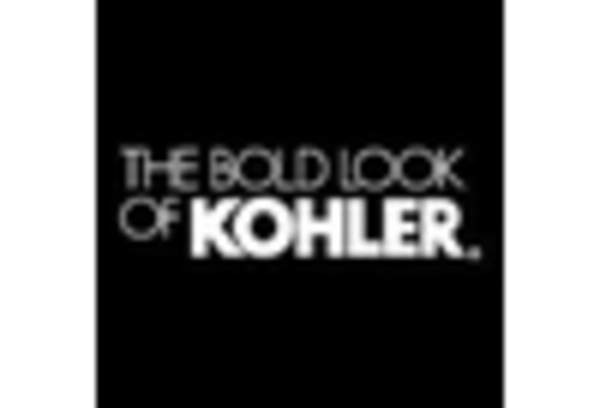
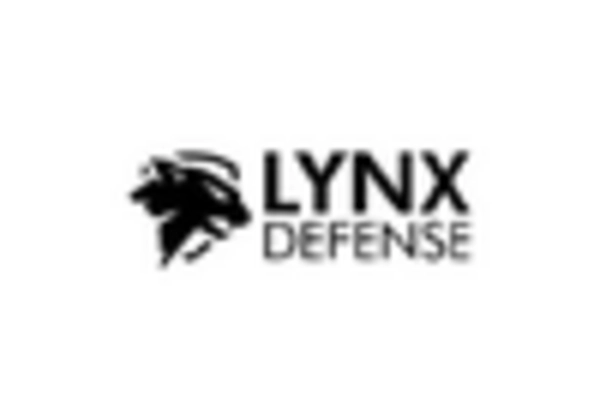
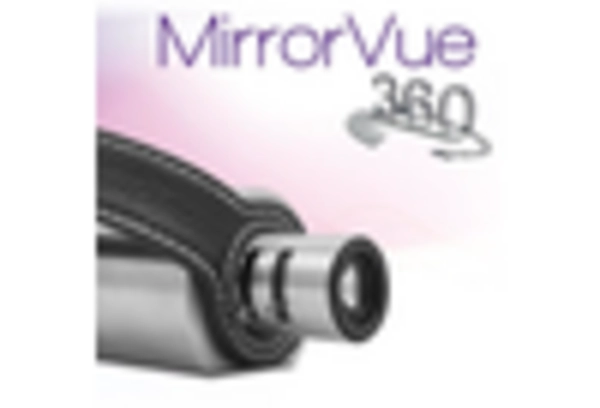

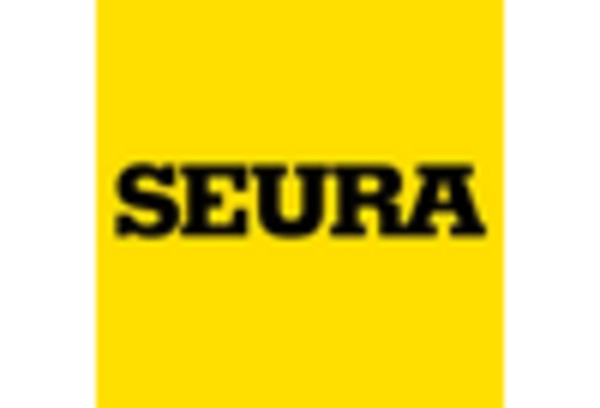









Leave a Comment